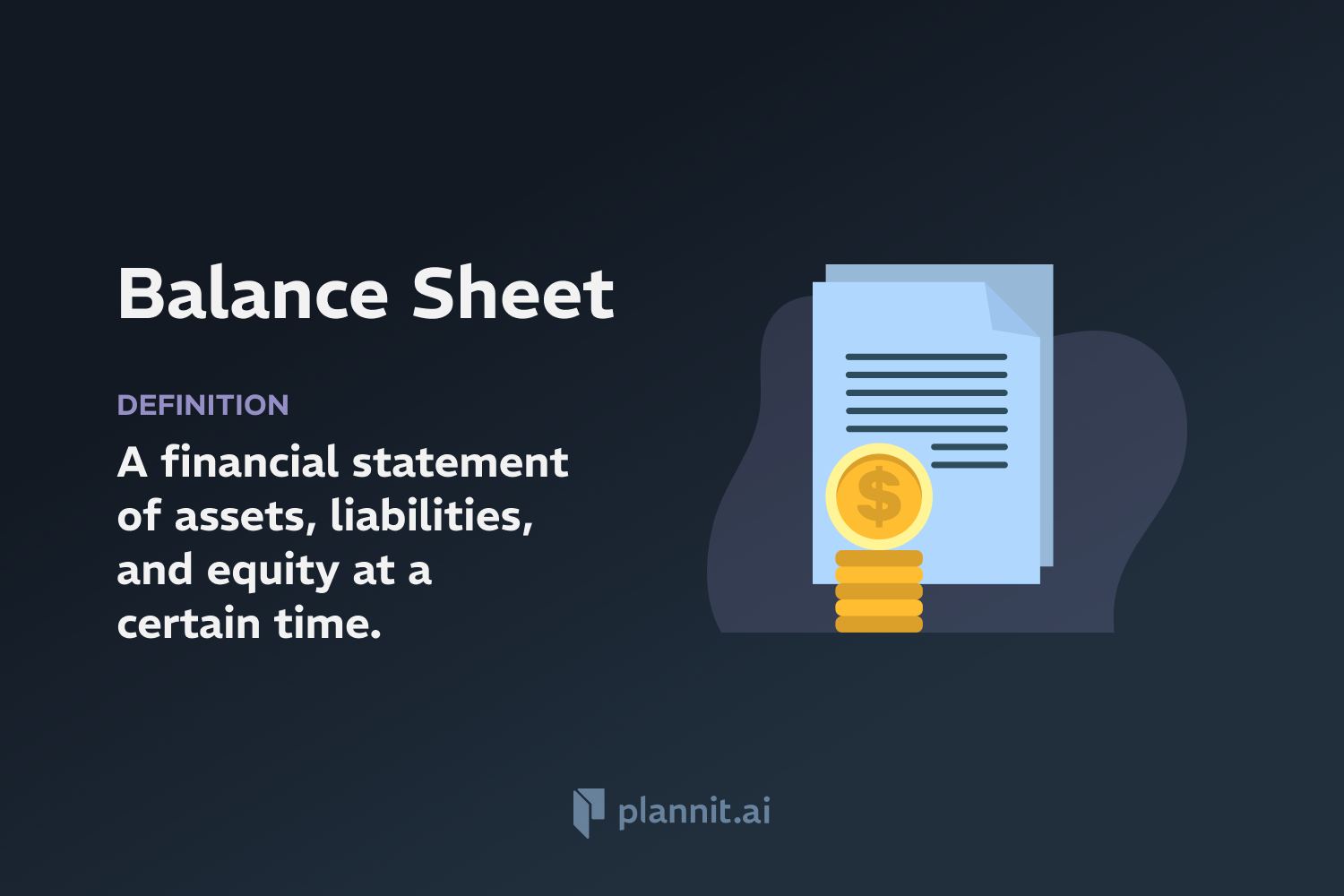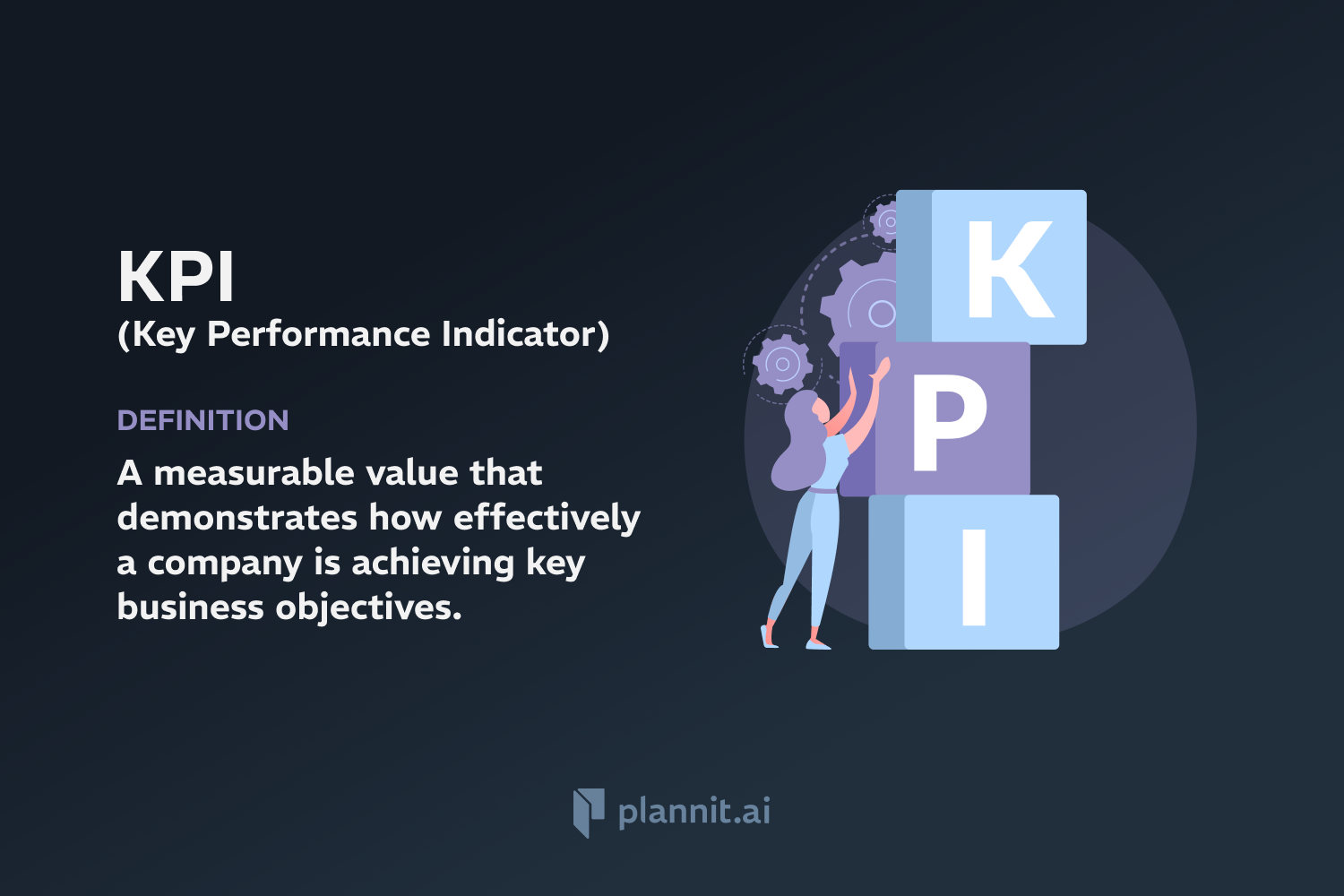Need Help With Your Business Plan?
Answer tailored questions and get a detailed business plan in minutes.
Balance Sheet: Definition & In-Depth Explanation

Definition:
Balance Sheet is a financial statement that presents a company's assets, liabilities, and shareholders' equity as of a specific date, providing a snapshot of its financial condition. This document is fundamental for assessing the company's ability to cover its obligations and manage its resources effectively.
Context of Use:
The balance sheet is a crucial component of financial reporting in the fields of accounting and finance. It is used by investors, creditors, and management to gauge a company's financial health and operational stability.
Purpose:
The main purpose of the balance sheet is to provide detailed information about a company's financial standing, including what it owns (assets) and owes (liabilities), as well as the equity invested by shareholders. This allows stakeholders to make informed decisions about investing in or lending to the company.
Example:
Banks: A bank's balance sheet would highlight cash reserves, loans issued, and deposits, reflecting its liquidity and credit risks.
Manufacturing Company: A balance sheet for a manufacturer would detail machinery and inventory as assets and loans and accounts payable as liabilities.
Related Terms:
Assets: Resources owned by a company that are expected to bring future economic benefits.
Liabilities: Obligations that a company is required to pay in the future.
Shareholders' Equity: The amount of money that would be returned to shareholders if all the assets were liquidated and all the company's debts were paid off.
FAQs:
1. What are the key components of a balance sheet?
A: The key components include assets, liabilities, and shareholders' equity.
2. How does a balance sheet differ from an income statement?
A: While a balance sheet shows what a company owns and owes at a specific point in time, an income statement shows how much profit or loss was generated over a specific period.
3. Why is the balance sheet important for financial analysis?
A: It provides fundamental information used in liquidity, solvency, and financial stability analyses, helping stakeholders assess the company's financial health.
4. Can changes in the balance sheet indicate financial issues?
A: Yes, significant changes in asset values, increases in liabilities, or decreases in shareholders' equity can indicate potential financial difficulties.
5. How often should a balance sheet be updated?
A: Balance sheets are typically updated at the end of an accounting period, such as quarterly or annually, to reflect the most current financial information.
Get funding with a business plan that will impress investors.
Starting a New Business?



